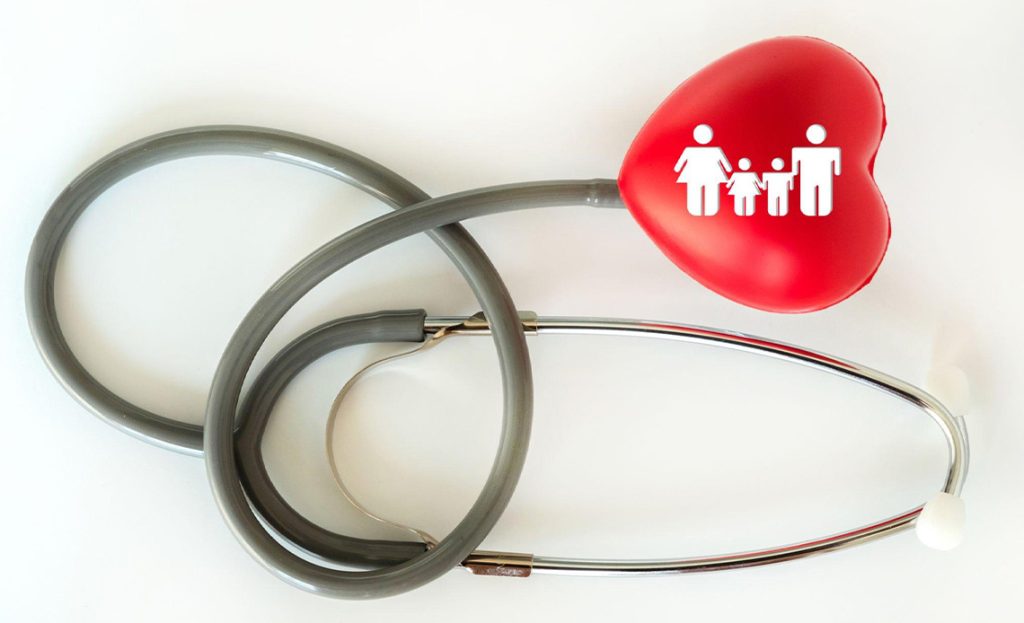In the healthcare industry, the implementation of Customer Relationship Management (CRM) systems is transforming patient care, enhancing operational efficiency, and driving positive healthcare outcomes. CRM empowers healthcare organizations to personalize patient experiences, streamline communication, improve care coordination, and leverage data-driven insights for better decision-making. This article explores the applications and benefits of CRM in healthcare, highlighting its role in patient engagement, care management, operational effectiveness, and healthcare analytics.
Personalizing Patient Engagement:
CRM enables healthcare providers to deliver personalized and patient-centric care experiences. By capturing patient data, preferences, and interactions, CRM systems facilitate tailored communication, appointment scheduling, and patient education. With CRM, healthcare organizations can engage patients proactively, provide timely health information, and deliver targeted interventions. This personalized approach improves patient satisfaction, enhances patient engagement, and fosters stronger patient-provider relationships.
Care Management and Coordination:
CRM plays a vital role in care management and coordination across the healthcare ecosystem. By centralizing patient information, CRM systems enable seamless collaboration between healthcare providers, ensuring continuity of care. CRM supports care coordination by facilitating secure communication, sharing patient records, and tracking care plans. With CRM, healthcare teams can optimize workflows, reduce administrative burdens, and improve care outcomes through efficient care transitions and interdisciplinary collaboration.
Operational Effectiveness and Workflow Efficiency:
CRM solutions streamline administrative processes, enhance operational effectiveness, and improve workflow efficiency within healthcare organizations. By automating patient registration, appointment scheduling, and billing processes, CRM systems free up staff time and reduce errors. CRM also provides real-time access to patient data, allowing healthcare providers to make informed decisions quickly. This operational efficiency enables healthcare organizations to deliver timely and high-quality care while optimizing resource allocation.
Healthcare Analytics and Decision-Making:
CRM offers robust analytics capabilities that enable healthcare organizations to leverage data for informed decision-making. By analyzing patient data, healthcare outcomes, and treatment patterns, CRM systems generate valuable insights. These insights support healthcare providers in identifying trends, monitoring patient populations, and implementing targeted interventions. CRM analytics help improve patient outcomes, optimize resource utilization, and drive continuous quality improvement in healthcare delivery.
Patient Satisfaction and Loyalty:
CRM solutions in healthcare contribute to improved patient satisfaction and foster long-term patient loyalty. By providing personalized care experiences, seamless communication, and convenient access to healthcare services, CRM enhances patient satisfaction. CRM also enables healthcare organizations to proactively address patient concerns, resolve issues, and anticipate patient needs. This patient-centered approach enhances patient loyalty, increases patient retention, and strengthens the organization’s reputation in the healthcare market.
Key Considerations for Successful CRM Implementation in Healthcare:
a. Data Security and Privacy:
Healthcare organizations must prioritize data security and privacy when implementing CRM. Compliance with healthcare data protection regulations, such as HIPAA, and implementing robust security measures ensure the confidentiality and integrity of patient information.
b. Interoperability and Integration:
Seamless integration of CRM with existing healthcare systems, such as electronic health records (EHRs) and practice management systems, is crucial for comprehensive patient information and streamlined workflows. Interoperability ensures the seamless exchange of data and promotes a holistic view of patient health.
c. User Adoption and Training:
Successful CRM implementation requires comprehensive user adoption strategies and staff training programs. Healthcare professionals need to be trained in CRM functionalities, data entry protocols, and best practices to effectively leverage the system and maximize its benefits.
d. Continuous Improvement and Feedback:
CRM implementation is an iterative process. Healthcare organizations should continuously monitor performance, gather patient feedback, and incorporate insights into system enhancements. Regular evaluation and feedback loops ensure that CRM evolves to meet changing patient and organizational needs.
Conclusion:
CRM is revolutionizing healthcare by enabling personalized patient engagement, optimizing care management, improving operational effectiveness, and leveraging data-driven insights. As healthcare organizations strive to deliver high-quality care and enhance patient experiences, CRM systems will continue to play a pivotal role in transforming the healthcare landscape and improving health outcomes for individuals and communities.
